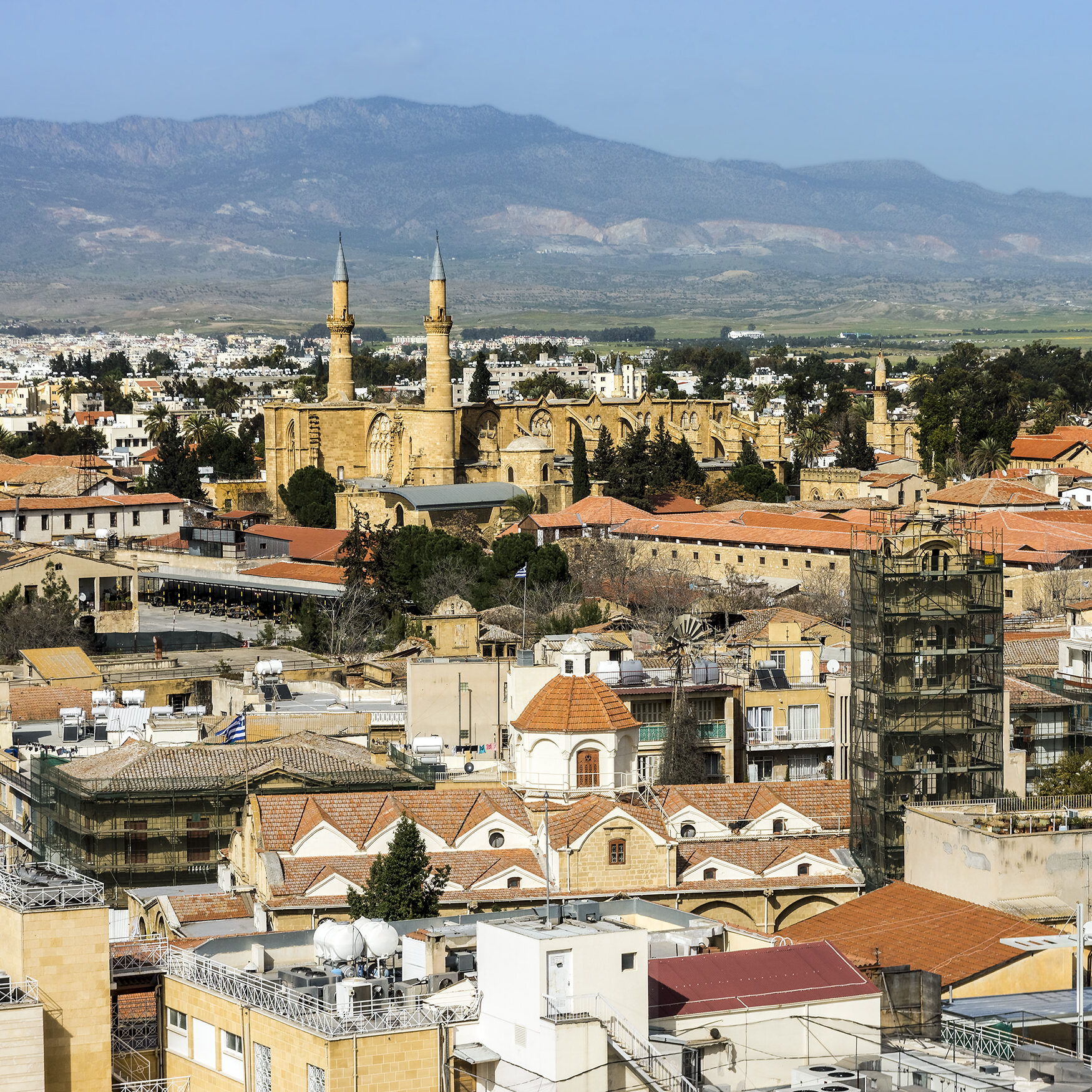In the summer of 2021, I participated in a virtual global seminar in Cyprus entitled Conflict, Borders, Multilingualism, Translation. I was particularly drawn to the idea of learning about Cyprus’ history and culture through the lens of multilingualism and translation. Personally, language has always played a key role in my understanding of identity and culture. Three languages are spoken in my home (Filipino, English, and Chinese Hokkien), and growing up in this way has made me very conscious of language-culture influences, code-switching, and nuances in connotation.
Applying to this global seminar was a spontaneous decision; I major in MAE and am more used to spending my summers doing research and technology. However, when I read about this seminar in an email, I knew that it aligned with my personal interests in the social sciences. Because of the great time I had during the seminar, I am writing to motivate people to take advantage of the breadth of courses offered by Princeton and try studying something totally spontaneous and new!
An important part of all global seminars is their immersion, and a significant way in which this is done in class is through foreign language instruction. Each of us in the class was given the option to learn either Greek or Turkish because these are the two main languages spoken by the majority on Cyprus. I decided to learn Turkish, as it was a language that I felt was very different from most languages I have had exposure to. Our teacher, Yaren, hailed from the Turkish Republic of Northern Cyprus, and she also taught us some Cypriot-specific slang. Her class moved very quickly, but it was worth it because, by the end of our six-week global seminar, she told us that we had completed the Turkish A-1 Level language course (as defined by the Common European Framework of Reference for Languages). Learning Turkish reminded me of how fun language-learning is and how it truly works as a window into the culture of other people.
The seminar itself was led by Professor Karen Emmerich, Director of Princeton’s Program for Translation and Intercultural Communication, and Dr. Argyro Nicolaou, a local Greek Cypriot and Lecturer at the Seeger Center for Hellenic Studies. They curated an incredibly interesting and well thought-out syllabus for the class where we tackled a broad range of topics and media, including recently published journal articles, poetry in Greek and Turkish, and the comedy film Smuggling Hendrix. We were also very fortunate to have had guest lectures and class discussions with world-renowned Cypriot anthropologists, Cypriot filmmakers, and Cypriot activists.
All of this was a big change from the usual lectures, labs, and problem sets that I usually experience as an engineering major! What I appreciate most is how the class cultivated an atmosphere of exploration and a safe space where all of us in the seminar did not shy away from asking any of our questions. Each of us in the class was also given a chance to take our own interests further through our final project. My final project involved translating a film made by Cypriot filmmaker Keti Papadema from English to Filipino. The film entitled Every Sunday is about the Filipina domestic workers in Cyprus. I felt that the film must be accessible to the Filipino community as well, especially considering how the focus of the film was Filipinos. This gave me first-hand experience with translating, and I learned about the many nuances and challenges of a translation job.
My main takeaway from the virtual global seminar is don’t be afraid to dive into something totally different from your major or career trajectory. It gives you a fresh sense of curiosity, way of asking questions, and confidence towards the unknown. This renewed perspective helped me personally when I returned to my field of study.
— Agnes Robang, Engineering Correspondent


